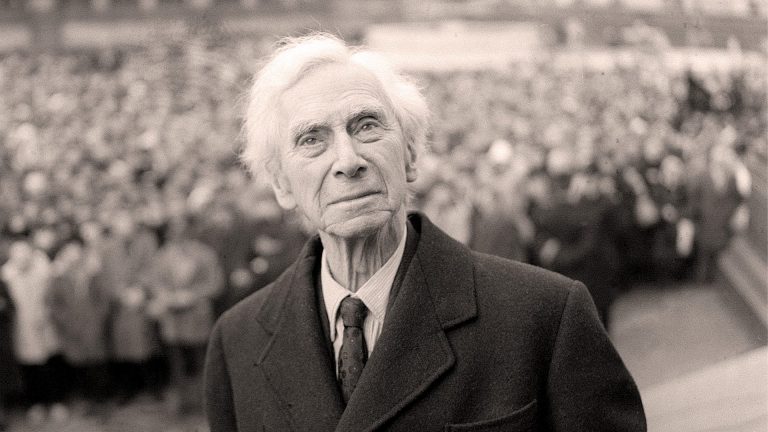The issue of assisted dying inevitably arouses strong feelings, but so extreme have been the objections raised in some quarters that a newcomer to the debate might have assumed that the proposal was to make it mandatory for certain categories of people. “Are you past your prime? A bit sickly and in need of costly medication? Time to press this button and off you go.”
The Bill that Parliament has been considering has, from the start, been extremely narrow by comparison with other jurisdictions where assisted death is legalised. But while there are many eloquent proponents of the measure, they have been consistently out-manoeuvred by a vociferous army of opponents with many different motives but a single aim: to kill the Bill or turn it into something so unworkable that it will simply wither away. The tensions were painfully clear in Friday’s parliamentary debate and will be back in June, when the Bill should complete its progress through the Commons.
But, despite overwhelming evidence that the majority of the public now believes that the option of an assisted death should be available to the terminally ill, it now looks more uncertain than ever whether MPs might deprive them of a choice that some – me included – believe would actually be life-enhancing.
The opposition’s tactics have varied from extreme scaremongering about people being coerced or encouraged to opt for an early death to the spurious claim that palliative care is the only necessary answer. They have argued that the Bill, with its insistence that the option should only be available to those with less than six months life expectancy, is just “the thin end of the wedge” and would gradually – or quickly – find the scope being extended to become tantamount to “death on demand”. A few have admitted to religious objections to such legislation and many more with religious motivations have kept quiet about them while raising other objections.
Read more: Assisted dying: the price is far too high
It is, perhaps, a more nuanced campaign than Brexit, with its single “Take back control” mantra, but there is a similarity in that, at its core, is the message that those who favour assisted dying are as zealous in their belief and as dangerous to the ordinary British way of life as were the pro-Europeans.
The reasoned arguments put forward by those advocating for legislation have been no match for the numerous, often wildly hypothetical, different and frightening scenarios mooted by the other side. And true to form, here is the Brexit cheerleader-in-chief offering his considered opinion on the Bill: “I voted against the assisted dying bill, not out of a lack of compassion but because I fear that the law will widen in scope. If that happens, the right to die may become the obligation to die.” Those people who are desperate for the Bill to become law in time for them to benefit from it will take little comfort from knowing that Nigel Farage MP has a degree of compassion for them.
A subject as controversial as assisted dying is not one any government would readily pursue, although it can be done: in 2013, for instance, the coalition government, under prime minister David Cameron, did introduce the law allowing same-sex couples to marry rather than have to content themselves with a civil partnership. The Terminally Ill Adults (End of Life) Bill was launched as a private members Bill which puts it at an immediate disadvantage against government sponsored legislation.
Its prospects were probably not enhanced by it only reaching MPs because a relatively new MP, Kim Leadbeater, who had won the opportunity to initiate legislation opted to take on a cause for which she had not previously been known to have any great adherence. Leadbeater had previously been best known for being the sister of Jo Cox, who was killed while the MP for the seat she now holds.
It may be that a more seasoned MP with a strong parliamentary network would have been better placed to cope with the complicated parliamentary process, which has involved an extended committee stage and numerous amendments, a last-minute batch tabled by Leadbetter herself, fuelling criticism that she was floundering. Certainly some argue that changes Leadbeater has agreed to the Bill have made it less safe, and there is particular concern over the removal of the requirement for a judge to approve that an application for an assisted death meets the very strict criteria that are demanded. While some believe that the panel of three experts that has replaced the judicial oversight might be more effective, it has certainly provided another piece of ammunition for the sceptics.
The detail is important but, even with the very best of intentions, no draftsman could produce a Bill that covered all possible eventualities. That great expert on legislating, Cicero, himself warned: “More law, less justice.”
He also believed that “While there’s life, there’s hope.” But there are some health conditions that become so grim, and where palliative care cannot provide an acceptable answer, that a sufferer wants the right to call an end. There is surely at least as high a risk of coercion where an abortion is under discussion as there might be where an assisted death is the focus, but the UK decided that the woman’s right to choose was the principle at stake.
The advocates of assisted dying must trumpet the single message that what is asked is simply the right for the terminally ill to choose the manner of their death. That is crucial as the Bill heads to its final stages – otherwise they might prove fatal.












